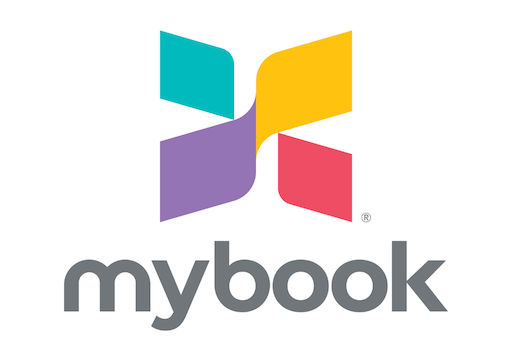
Switch Business Analytics Consultant: Effortless Change Guide
Switching your business analytics consultant can seem like a daunting task, but embracing this change can bring a wave of fresh insights and innovative solutions to your organization. Whether you’re feeling like your current consultant isn’t quite hitting the mark or you’re in need of a new perspective due to shifting business goals, knowing how to navigate this transition can make all the difference.
Understanding the Need for Change
There are countless reasons why a business might consider switching its analytics consultant. Perhaps you’ve been facing stagnant growth, or maybe the insights provided haven’t been actionable enough to drive decisions. I remember a time when my own company struggled with understanding customer behavior. We had all the numbers in front of us, but translating those numbers into action felt overwhelmingly impossible. When we finally decided to switch our consultant, the difference was like night and day. A new consultant provided not only clearer analysis but also the tools to implement their findings effectively.
Signs It’s Time to Switch
Recognizing that it’s time to make a change can be challenging. Here are some tell-tale signs:
1. Lack of Communication: If your consultant isn’t proactively sharing insights or is hard to reach, it may be time to reconsider. A strong analytical relationship is built on communication.
2. Outdated Tools or Insights: Are you still using the same reports and data insights from two years ago? If your consultant isn’t evolving with technological advancements, you might be left in the dust.
3. Misalignment with Business Goals: Your organization’s goals can shift rapidly, especially in today’s environment. If your current consultant isn’t aligning with your vision, they may be hindering your progress rather than supporting it.
Steps to Make a Seamless Transition
So, how do you switch business analytics consultants without losing momentum? Here’s a structured approach:
1. Evaluate Your Needs
Before you start searching for a new consultant, take a step back and assess what you need moving forward. Are you seeking deeper insights, better data visualization, or perhaps more robust predictive analytics? Identify the gaps in your current strategy and outline what a new consultant should bring to the table.
2. Research Potential Consultants
This is where the magic happens. Take the time to research and vet potential consultants. Check their credentials, past experiences, and client reviews. A personal recommendation can go a long way. For example, when we were looking for a new analytics consultant, a colleague recommended a firm they had great results with, which made our decision much easier.
3. Set Clear Expectations
When you finally find a candidate that piques your interest, be transparent about your expectations. Discuss your business goals, the metrics that matter most, and your ideal reporting cadence. Open dialogue is crucial to ensuring everyone is on the same page from the get-go.
4. Transition Phase
Now comes the transition. Coordinate with both your outgoing and incoming consultants to share essential data and insights. This step isn’t just about passing on an Excel sheet; it’s about ensuring that the new consultant has a solid understanding of your business landscape. Think of it as passing the baton in a relay race—smooth transitions yield better results.
5. Monitor Progress
Once the new consultant is in place, keep an eye on their initial insights and recommendations. Are they aligning with what you had hoped for? This monitoring phase is crucial as it sets the tone for your ongoing relationship.
6. Provide Feedback
Lastly, don’t shy away from providing direct feedback. If things aren’t going as planned, communicate openly. A good consultant will appreciate constructive criticism and will be willing to adapt their strategy to better fit your needs.
Switching business analytics consultants doesn’t have to be a Herculean task. With careful planning and clear communication, you can transition seamlessly, ushering in a new era of data-driven decision-making for your company.
Frequently Asked Questions
Q1: How do I know if my current analytics consultant is not effective?
A1: Signs include poor communication, outdated insights, and lack of alignment with your business goals. If you’re not seeing actionable results, it may be time to consider a change.
Q2: What should I look for in a new analytics consultant?
A2: Look for someone with a proven track record, strong communication skills, and familiarity with tools that match your business needs. Recommendations and reviews can greatly aid your decision.
Q3: How long does the transition typically take?
A3: Transition timelines can vary widely depending on the complexity of your data and analytics needs, but with proper planning, many companies see a seamless integration within a few weeks to a couple of months.
Related Posts
Switch Google Analytics Consultant: Effortless and Effective Guide
Switching your Google Analytics consultant doesn’t have to be overwhelming—its an opportunity to enhance your data insights and drive your business forward. Whether youre seeking more tailored strategies or...
Switch Online Analytics Consultant: Effortless Guideline for Success
Are you ready to transform your business strategy with data-driven insights? A switch online analytics consultant can make the process effortless, guiding you through the complexities to unlock valuable...












